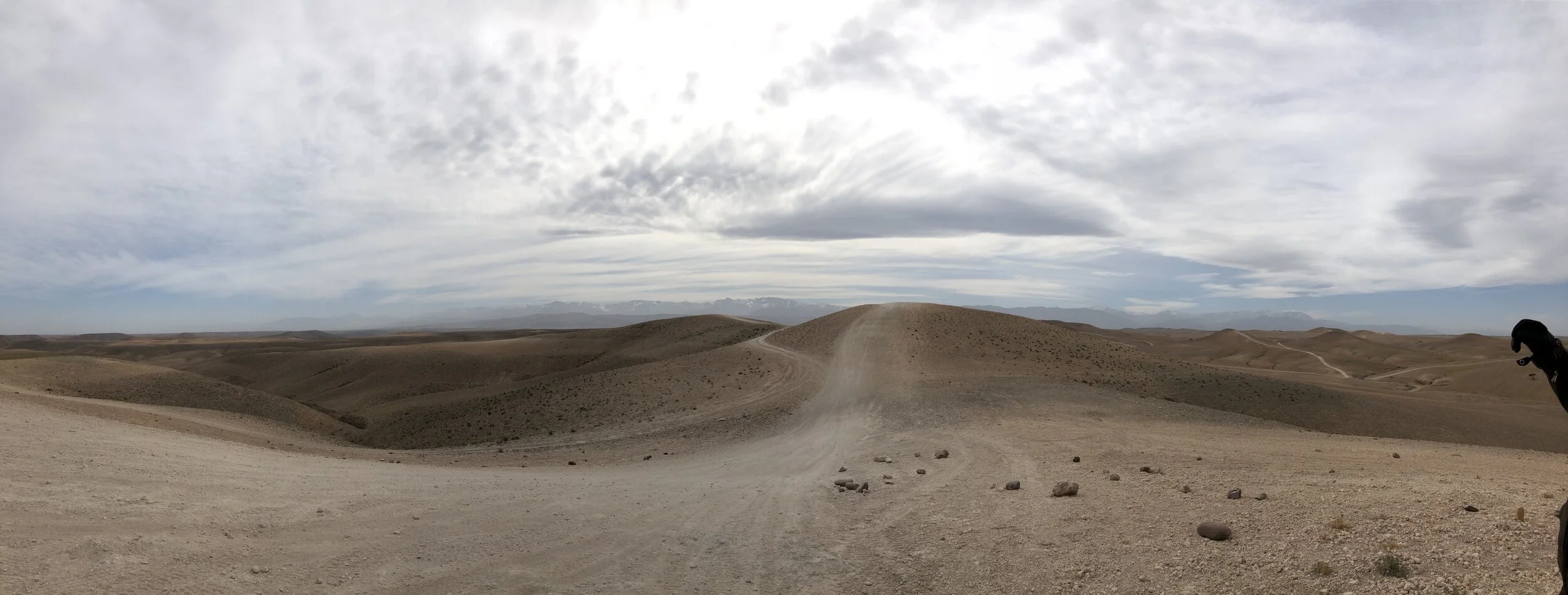The Road Ahead: one example of how everything starts to change

Why this crisis is different
We have suffered shocks to the system before - the Great Depression, September 11, financial crisis - and those have had lingering impacts on the way we travel and the way we look at banks. But the COVID-19 pandemic is affecting everyone and is affecting the core of how we interact with each other. Not just our economic selves, but our human selves. Importantly, it’s rolling out in slow motion. The longer this goes on, the more new habits start to take hold.
As new habits take hold, new opportunities are arising. As new individual habits take hold, new business cultural norms will bloom, which create even more opportunities.
The easiest to see are those that enable commerce without physical contact:
Contactless payments
Virtual services/Virtual goods/Telemedicine
Transportation (autonomous)
Augmented reality (looking at that couch in your living room)
Virtual reality (trying on clothes from home)
Travel planning
And the business side of that change
Collaboration tools
Cloud
But what does it mean when a whole culture changes? Do companies lead that change or reflect it? Let’s walk through what this could look like using the example of the US education system.
Example: US Education
If the basic purpose of our educational system is to create the opportunity for everyone to actively participate in our society and economy, then the US education system has been failing. For the last 30 years - at an ever accelerating pace - jobs have been changing faster and faster. Yet, the educational system is fundamentally the same as it was 80 years ago. Essentially, we keep thinking of education as a phase in life. You spend your youth learning, then spend your adult years applying what you learned in school. But in a world in which the jobs for which we are trained are obsoleted before we end our training, how can education be contained to a time in life.
If we were to consider education as a means of identifying capabilities and providing the basic toolkit to use those capabilities to their fullest, how might that change our current approach which focuses on teaching specific things?
Most urgently - given Covid-19 and the social changes that it is forcing on us - schools in the US (all the way through higher education) still operates off the “spray and pray” method (teach all the kids the same way and hope that most of them get it). The assumption is that we don’t have the luxury to teach each child at their own pace. That the quality of education you receive is largely a function of income, geography and luck (in the end, if you have a shitty teacher, it doesn’t matter how good the school is.)
But now we are sitting at home and watching as schools struggle to adapt to a world in which they should be able to provide better support to students. We should be able to see real-time which students are getting the concepts and which aren’t. We should be able to create break-out rooms for kids to work at different paces. We should be able to combine students with different skills from different locales so that the curriculum is oriented to the way they learn. We should be able to match students with tutors anywhere in the world, so that they can ask their own questions.
This is not to say that all schooling should be virtual. In addition to the benefits of socialization from being forced to interact with a diverse set of personalities, our economic system is based on the idea of the babysitting that schools provide from age 6-18 and the halfway house to adulthood that is universities. I’m saying that if we view the three things in isolation, there are different ways to structure schooling to achieve them using the tools we now have at our disposal. And to achieve them in ways that truly benefits each student.
As Marc Adressen noted in his recent essay “It’s time to build”,
We know one-to-one tutoring can reliably increase education outcomes by two standard deviations (the Bloom two-sigma effect); we have the internet; why haven’t we built systems to match every young learner with an older tutor to dramatically improve student success?
But instead we are fumbling to just hold water and hoping that this passes so that we can go back. This time, though, there may be no going back. Universities will be struggling with their costs in a world in which global household incomes have taken a huge hit. As businesses change the way the working environment is structured - from creating more physical space to an acceleration on automation to a larger portion of the workday being done virtually - new skills will be called for.
Conclusion
I think we are seeing, and are going to see more, that the adaptation that we are being forced into now, are going to shake us up from the way things have always been done. The regulatory environment, which largely is 20 years behind the technology, will need to take a quantum leap forward so that it can enable us to build the future, and people have to be focused on the future, not just the uncertain present.
Things feel dire right now, and many people are focused on surviving. But it is also the time of opportunity. The time to create new products, new services, new business models for the new normal that is to come.
What changes do you think are going to be a permanent outcome of this time?